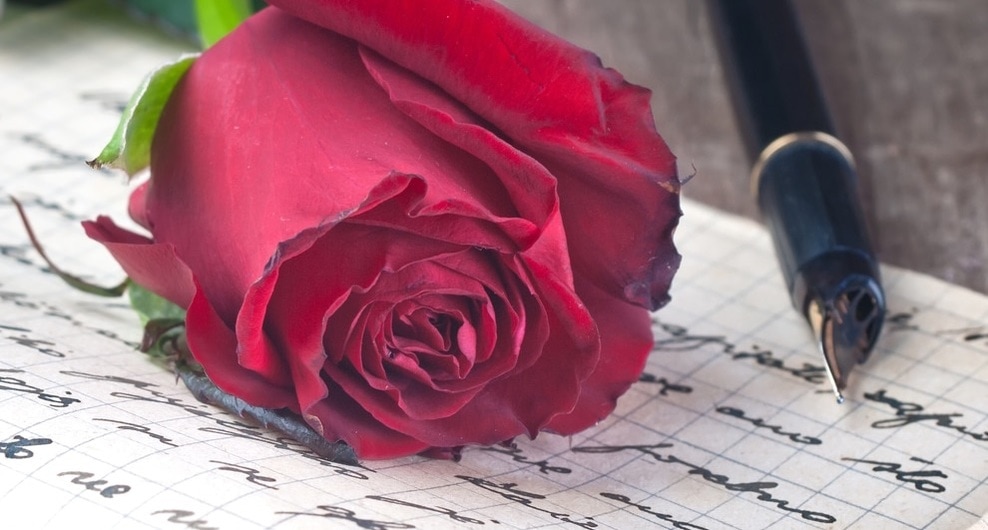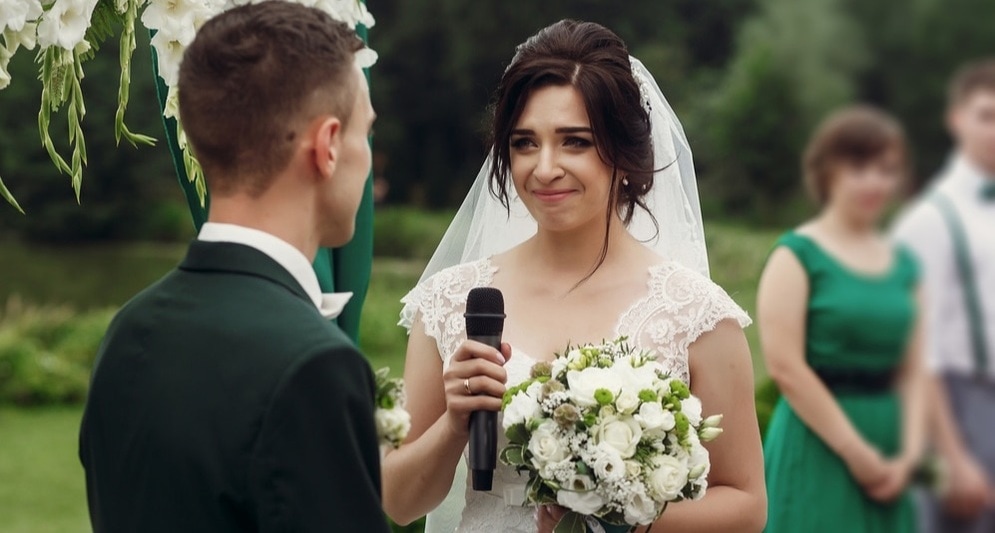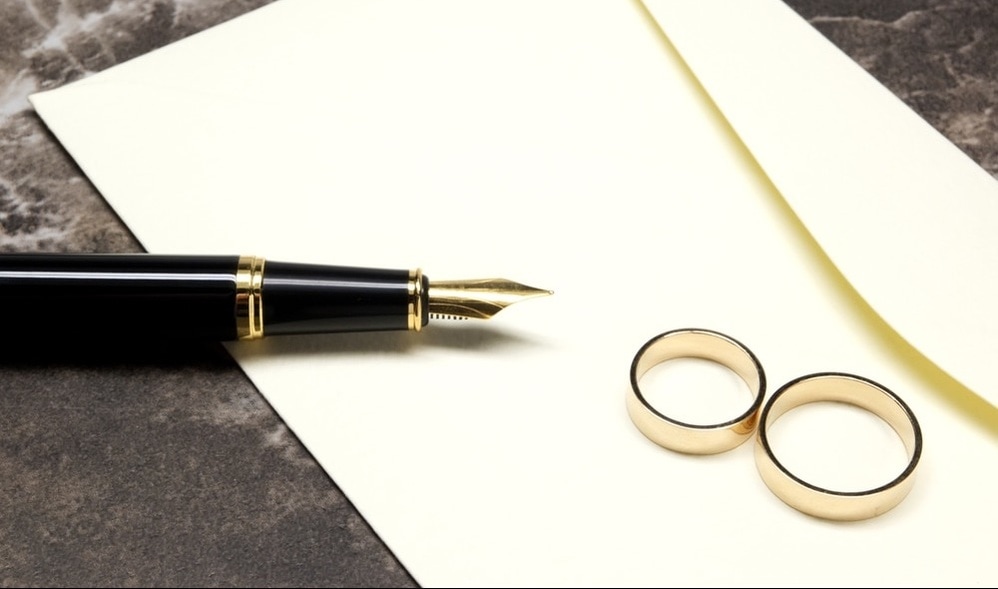Writing your own vowsYour celebrant will be able to give you some samples of vows and help you to choose something, or to modify them to create something is uniquely your own. It is becoming more common for people to write their own vows, although many couples also like to include traditional phrases. There is a legal requirement in Australia for vows to include the following words:
" I call upon all those here present to witness that I (first party's full name) take you (their partner's full name) to be my lawful wedded husband/wife/spouse/partner in marriage." In fact, for a marriage to be legal, that's all you have to say! For those who like the ceremony to be "short and sweet" you don't need to say another thing. But if you'd like to make further promises to each other your celebrant will work with you to write something unique, personal, memorable, and which you will both treasure thereafter. Here are some things to keep in mind:
I recommend sharing this with your celebrant, who may be able to give you some helpful ideas regarding phrasing (and who will need to ensure all the 'legal bits' are included). Some couples like to work on their vows together, while others like to surprise their partners on the day. Either way works well, depending on what you want your day to be. Your celebrant should also be able to give you some suggestions and vows to choose from or to use as a guide for writing your own. |
Saying your vows on the dayBefore writing your own vows you should give some thought to how you want to say them on the day.
There are three common ways to say your vows - there is no 'right' or 'wrong' way and your choice will depend on the style of ceremony you want and how you feel about expressing your deepest emotions on this big day.
Handy hint: Write a love-letter to your partner, use it as the basis for writing your vows, and then give the letter to him or her on your first wedding anniversary.
|


